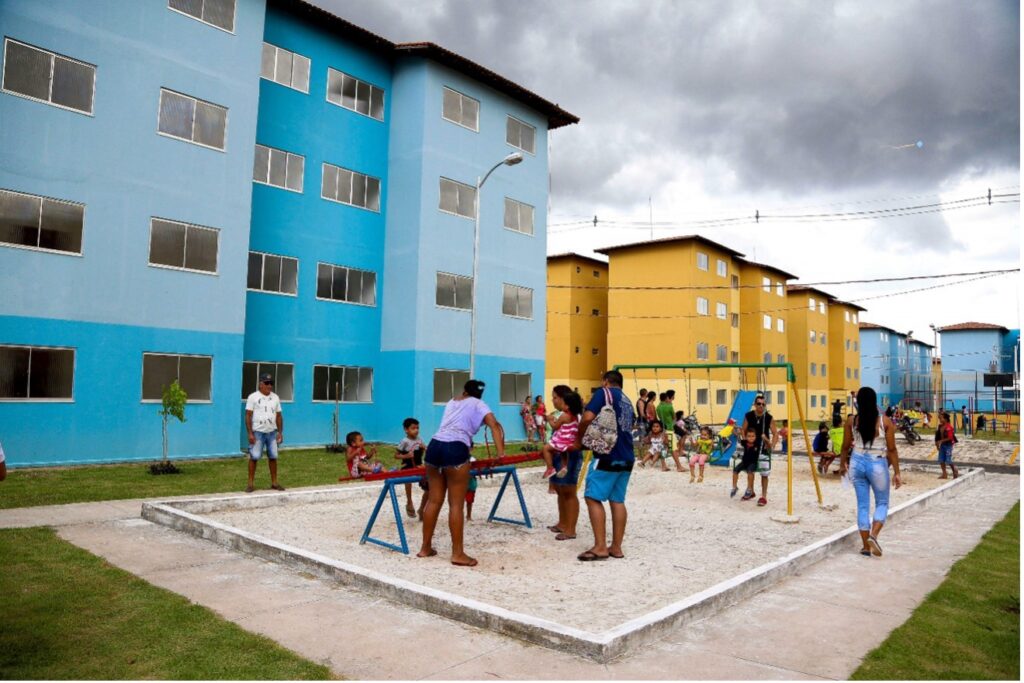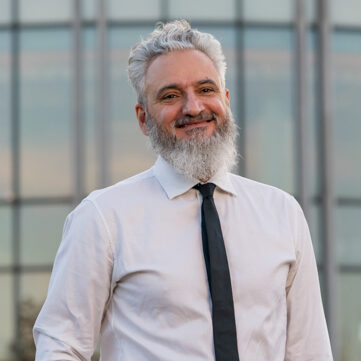Research Focus
The project aims to evaluate the impacts of Brazil’s “Minha Casa Minha Vida” (MCMV) affordable housing program on residents’ physical activity, health, and climate resilience practices through the development and refinement of an evidence-based framework. Led by researchers from Washington University in St. Louis in collaboration with the University of São Paulo, this initiative addresses the critical intersections of urban planning, public health, and climate science.
The selected undergraduate student will be actively involved in comprehensive data collection, analysis, and reporting. Responsibilities will include conducting systematic literature reviews, performing spatial analysis using Geographic Information Systems (GIS) to map climate-related risks across MCMV sites, and reporting findings in an academic format.
The student will attend regular meetings with Dr. Rodrigo Reis, as well as biweekly team meetings either virtually or in person. To support growth and learning, the undergraduate student will also be paired with a PhD student for additional mentorship. Initial research experiences will be supervised by the PhD mentor, with opportunities for independent work as the student gains experience and proficiency.
This position offers a hands-on learning experience, allowing the student to strengthen skills in mixed-methods research, spatial analysis, and academic writing. Through this role, the student will gain practical insights into the impacts of large-scale housing policies on health and climate resilience, as well as the role of evidence-based frameworks in advancing health equity and sustainable urban development.
Skills, Techniques, Methods
- Systematic reviews
- Spatial analysis using GIS
- Secondary data collection, management and analysis
- Scientific writing and reporting
- Project management
- Collaboration and teamwork skills
Research Conditions
The student can anticipate a dynamic, collaborative research environment throughout the summer, engaging with a transdisciplinary team of experts in policy, urban planning, urban health, and public health. The student will have the option to participate in regular virtual or in-person meetings at the Brown School with Dr. Reis and the research group. A flexible remote setup allows for a comprehensive learning experience across both qualitative and quantitative research methods, supporting skill development in technical analysis, professional collaboration, and engagement with global partners.
Team Structure and Opportunities
The People Health and Place Unit (PHP) is led by Dr. Reis and comprises 2 post-docs, 3 PhD students, a project manager, an international consultant, and faculty in Brazil. The team is transdisciplinary and collaborates with international experts from various fields. This structure promotes a rich learning environment and diverse perspectives. The student will work closely with team members through meetings and mentorship, gaining exposure to various research methodologies and collaborative strategies. As the student gains experience, opportunities for independent research will emerge, allowing them to explore their research interests within the project’s framework while receiving ongoing support and guidance.
Requirements
Coursework and academic background:
- Relevant coursework in public health, urban planning, environmental health, or related fields
- Basic understanding of research methods and data analysis
Technical skills:
- Basic knowledge in Geographic Information Systems (GIS) software (e.g., ArcGIS, QGIS).
However, there is opportunity for learning
Research skills:
- Familiarity with systematic reviews, including searching, synthesizing, and writing about academic literature
Additional attributes:
- Strong written and verbal communication skills
- Ability to work independently and as part of a team
- Proactivity and a willingness to engage in new learning experiences

